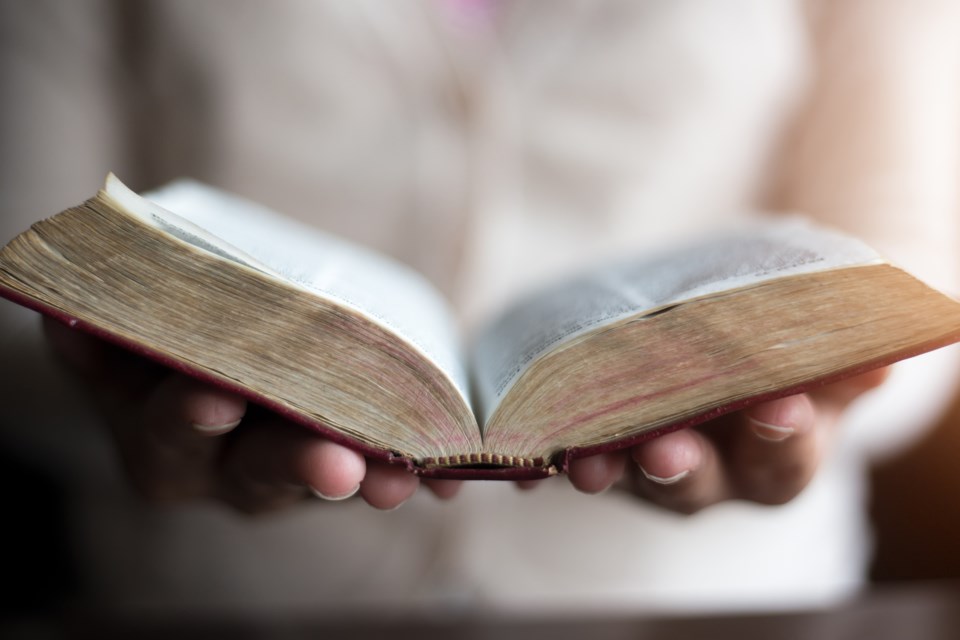I recently led a Wild Church gathering at Porpoise Bay Provincial Park situated on the swiya, unceded traditional territory of the shíshálh Nation.
We gathered near an estuary where the Angus creek runs into the bay.
Soon, coho salmon would make their way up the creek to spawn and die.
As an indicator species, salmon health is directly related to the health ecosystems. Bears, eagles, and other animals depend on salmon for food and carry their remains into forests nourishing a plethora of flora and fauna.
Biophilosopher Andreas Weber describes the self-giving impulse woven throughout the planet’s web of relations as a loving erotic ecology. Christian theologians have long referred to God’s self-giving nature as kenotic love. This love is enfleshed in the generous and gracious life of Jesus who gave of his life so others might flourish.
This divine love lies behind Jesus’ startling words, “eat my flesh and drink my blood.”
Jesus uses the image of an edible life, to describe how God shares God’s life for the nourishing of others.
Inspired by Weber’s work, author Sophie Strand asks, “How do we become good food?” How might we participate in an erotic ecology, giving of our lives so others might be nourished? This divine love is not about debasing ourselves. Rather, it’s about realizing that our wellbeing is tied up in the flourishing of others.
May our lives, like the salmon returning to the Fraser, and Jesus, whose life was spent feeding the hungry, become good food.



